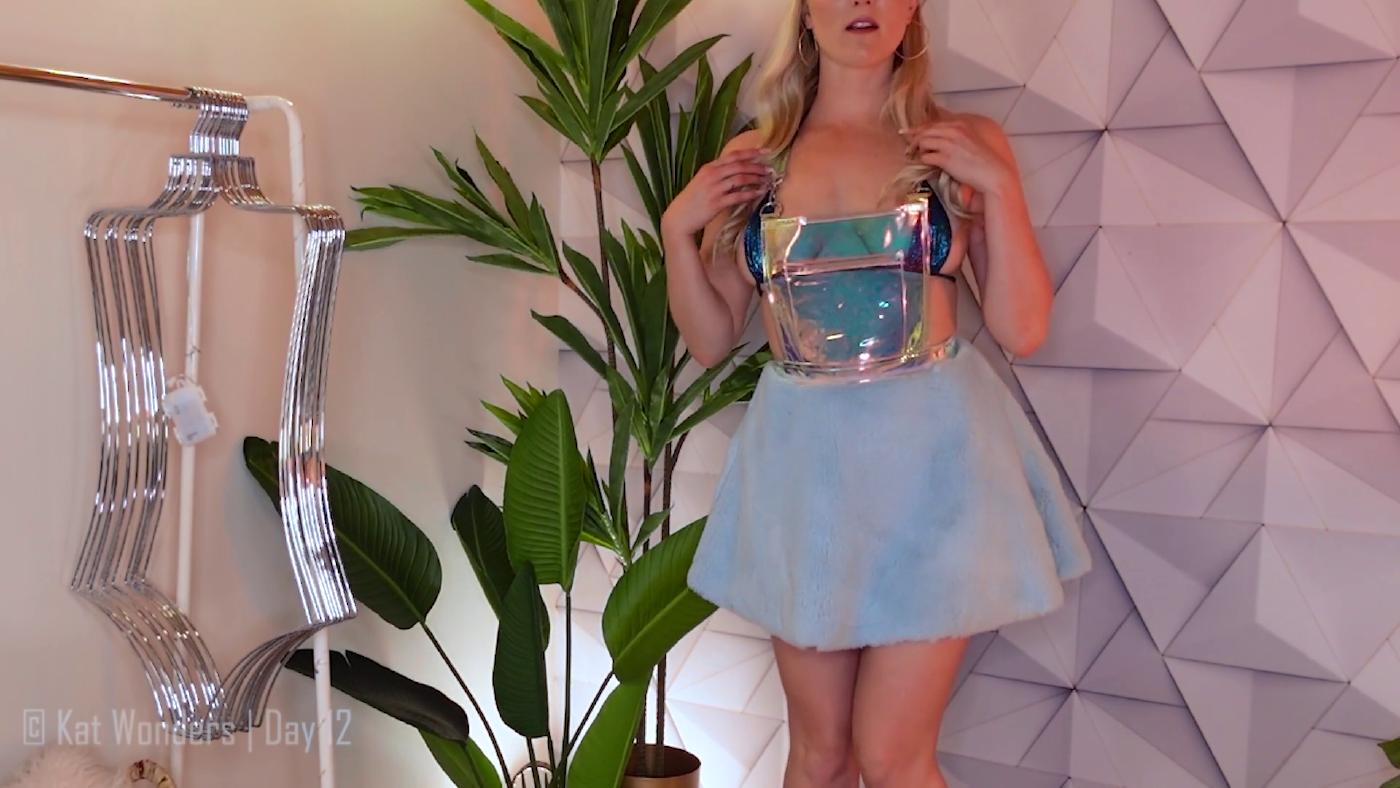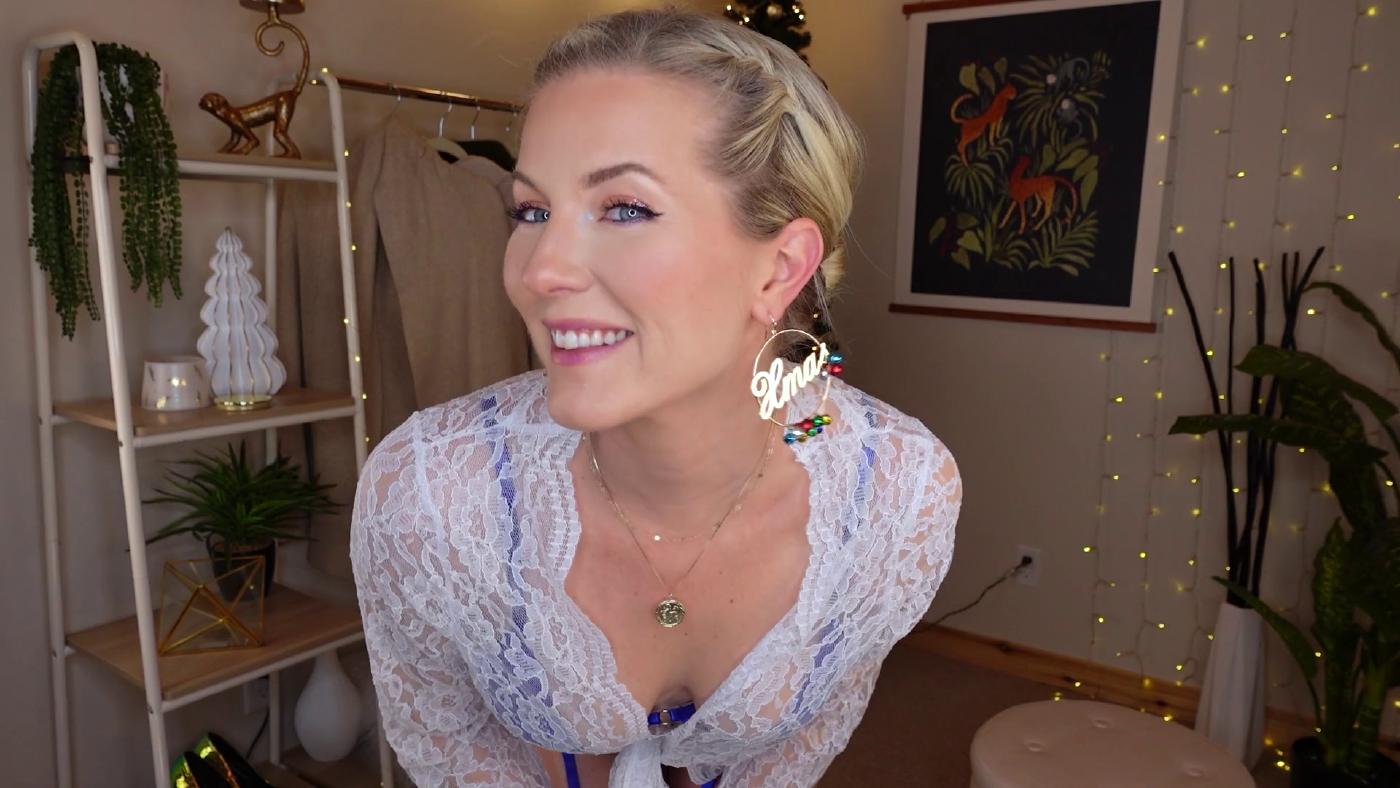Are social media influencers truly shaping our world, or are they merely chasing fleeting fame at any cost? The rise of the influencer, once a symbol of aspirational lifestyles, has morphed into a complex phenomenon, often marred by questionable ethics and a relentless pursuit of viral validation.
The influencer journey, a modern-day fairytale, frequently begins with a spark of passion. Whether it's a flair for fashion, a dedication to fitness, a love of gaming, or a yearning for travel, the initial content creators build a base of engaged audience. With engaging content and a dedicated fanbase, many influencers rise to stardom quickly. However, the path to digital stardom is rarely a straight line. The pressure to maintain a high level of visibility and engagement often leads to influencers crossing boundaries, engaging in risky behavior, and sometimes, behaving in ways that can be described as "influencers gone wild."
The term "influencers gone wild" has entered the lexicon, referring to instances where social media personalities engage in bold, controversial, or overtly risky actions to garner attention and boost their popularity. This behavior can range from staged stunts and pranks to the creation of content that is deemed offensive or morally ambiguous. The underlying motivations for this type of behavior are complex, often driven by the intense pressure to create engaging content and the pursuit of viral moments.
The cultural impact of influencers gone wild is undeniable. They have ignited significant discussions surrounding their cultural influence, with their content substantially shaping what is deemed acceptable, desirable, and even "normal" in contemporary society. This evolution has spurred a reevaluation of the very meaning of fame and celebrity in the digital age. But it begs the question: At what cost?
The realm of influencer marketing is currently grappling with the ethical and practical ramifications of this trend. The creation of sexual content or the promotion of websites that exploit this "influencer gone wild" phenomenon has raised serious questions regarding the authenticity of the influencer-audience relationship and the long-term viability of influencer marketing strategies. The pursuit of shock value can be a perilous one, exposing the influencer culture to risks that compromise truth and responsibility.
| Aspect | Details |
|---|---|
| Definition of "Influencers Gone Wild" | Refers to instances where social media influencers engage in bold, controversial, or risky behavior to gain attention and increase their popularity. |
| Motivations Behind the Behavior | Pressure to create engaging content, chase viral moments, and maintain high visibility. |
| Impact on Digital Culture | Influencers set trends and influence what is deemed "right" and "wrong" in contemporary society. |
| Ethical Concerns | Exploitation of the "influencer gone wild" trend and the creation of sexual content raises questions about the authenticity of influencer-audience relationships and the long-term viability of influencer marketing. |
| Risks of Shock Value | Prioritizing shock value can compromise truth and responsibility. |
| Platforms Pushing Boundaries | Several social media platforms are at the forefront of content that challenges norms. |
| Impact on the meaning of Fame | The rise of this phenomenon has made everyone rethink what is the actual meaning behind being famous. |
The power of social media influencers is undeniable. They've built significant followings on platforms like Instagram, YouTube, TikTok, and Twitter. They engage audiences through content creation, product endorsements, and lifestyle showcasing. However, with this power comes a significant responsibility, and the line between authentic influence and reckless attention-seeking often blurs.
The ascent of the social media influencer has been nothing short of meteoric. Beginning with a passion be it for fashion, fitness, gaming, or travel these individuals often begin by sharing their lives with their followers. As their audience grows and their content resonates, many influencers experience a rapid rise to stardom. However, the pressure to maintain visibility, generate engagement, and monetize their influence is immense. This pressure can lead to risky behaviors and ethically questionable practices, which constitute the "influencers gone wild" phenomenon.
This trend exposes the risks of an influencer culture that prizes shock value and sensationalism over truth and responsibility. The pursuit of viral moments often leads to actions that are ethically questionable or even legally problematic. The focus shifts from authentic content to the cultivation of a brand that thrives on controversy. The implications of such a shift are far-reaching, impacting the authenticity of the influencer-audience relationship and shaping cultural norms.
The ethics of influencer marketing are under scrutiny. The potential for creating sexual content, or the promotion of websites and platforms that exploit this "influencer gone wild" culture, raise difficult questions. The boundaries of acceptable behavior are constantly being redefined, and the long-term impact of these trends on social media and society remains to be seen. This phenomenon requires that influencers and their audiences navigate the implications carefully, understanding the potential impact on their own lives and on the broader cultural landscape.
The rise of influencer culture has prompted a fundamental reevaluation of what it means to be famous. In a world where anyone can amass a following and build a brand, the traditional notions of celebrity are being challenged. The content significantly influences what is deemed right and wrong nowadays. The question of responsibility becomes paramount, as influencers are increasingly tasked with influencing a broad audience.
The evolution of online platforms, such as Instagram, YouTube, TikTok, and Twitter, and the rapid growth of influencer marketing have significantly changed the media landscape. Influencers now wield a significant influence, and their actions have tangible cultural consequences. The ethics of influencer marketing are often debated, and the rise of 'influencers gone wild' has caused a considerable amount of controversy. Recognizing these motivations helps influencers and their audiences navigate the "influencers gone wild" trend's implications.
Understanding the factors that drive this behavior the need for attention, the pressure to stay relevant, and the financial incentives can help to navigate the complexities of the digital landscape. The constant pursuit of engagement, driven by algorithms and the ever-present need to monetize their online presence, often leads to influencers pushing boundaries.
Several social media platforms are leading the charge in content that challenges norms. These platforms provide avenues for influencers to express themselves, build communities, and monetize their influence. However, this also means there are greater opportunities to push the boundaries of acceptable behavior.
The rise of influencers gone wild underscores the need for a more nuanced understanding of social media and its impact on culture. The phenomenon demands a critical approach, encouraging both influencers and their audiences to reflect on the values they promote and consume. It highlights the importance of fostering a responsible online environment, where authenticity and ethical behavior are valued above mere shock value and fleeting fame.
The discussion around influencers gone wild should not be viewed as a blanket condemnation. Rather, it's an invitation to examine the complexities of the influencer landscape, to celebrate positive influence, and to call out behaviors that exploit the system or disregard ethical considerations. In the future, it is probable that more influencers will move away from 'influencers gone wild' and towards promoting responsible practices that have a positive impact on their audiences.
Ultimately, the rise of social media influencers is a complex and evolving phenomenon. It offers opportunities for creativity, connection, and community-building, but it also presents challenges. As influencers continue to shape our culture, it is essential to foster a sense of responsibility and critical awareness, promoting a digital world where authenticity and ethical behavior take precedence.


